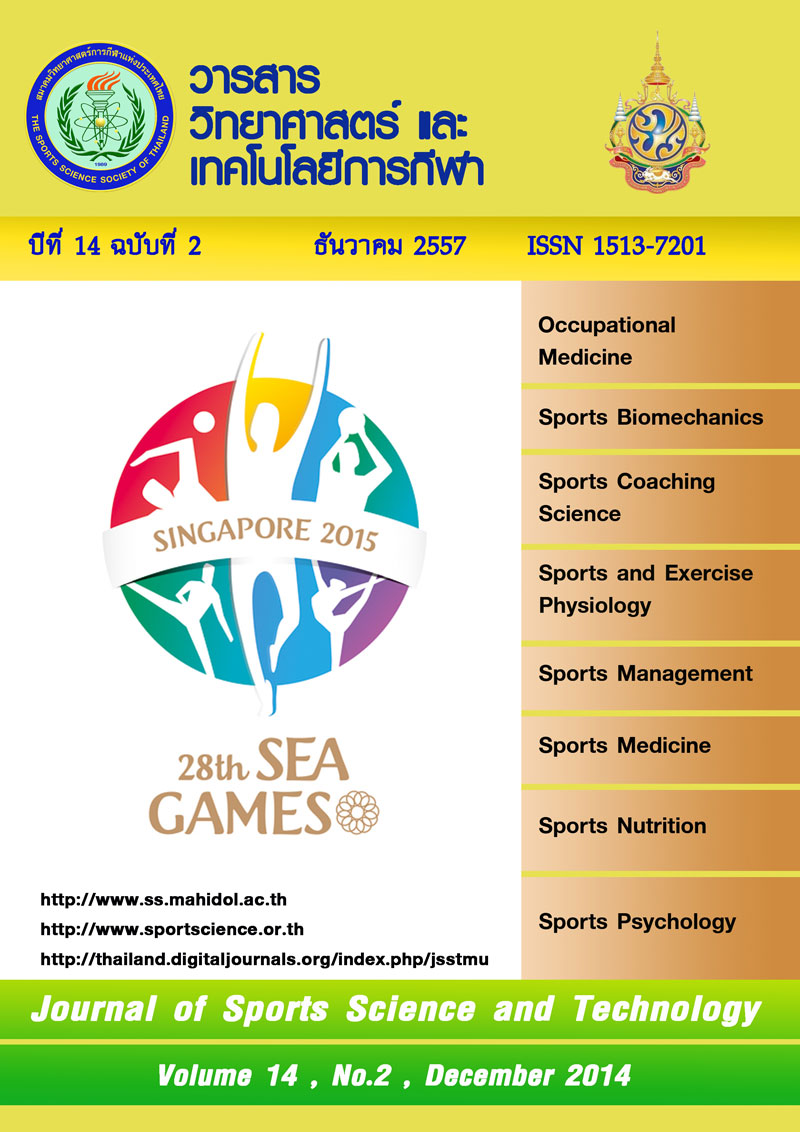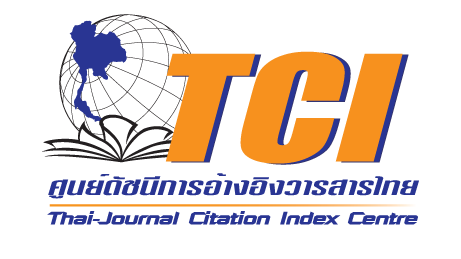EFFECTS OF INTERACTIVE VIDEO GAMES ON PSYCHOMOTOR AND CARDIOVASCULAR RESPONSES IN ELDERLY
Keywords:
PSYCHOMOTOR/CARDIOVASCULAR PHYSIOLOGICAL/ INTERACTIVE VIDEO GAMESAbstract
Objective: 1) to investigate the effects of exercise training with interactive video games, on psychomotor and physiological responses in elderly. 2) to compare the physiological effects in older people with high blood pressure in the control group (CG), and training group.
Method: Thirty elderly female with 68.4 ± 6.3 years were participated in this study. They were divided into two groups: training (TG) and control (CG) groups. The TG were trained by interactive video games (30 min, 3 days per week for 8 weeks) and the CG was provided with normal activity for 8 weeks.Ankle brachial pressure index (ABPI),resting heart rate, tapping speed testing ,percentage of fat (%FAT) ,hip circumference ,waist circumference, hand grip strength, six minute walk test (6MWT) were measured 3 times, at the baseline, 4th and 8th weeks, respectively.One-way repeated ANOVA and paired t-test were used to analyze. Significantly differences were considered at the p < 0.05 level.Results: There were no significant change in the hipcircumference, waist circumference, grip strength, ABPI, heart rate at rest and finger tapping test the right and left index fingers. The results showed significantly decreased in body weight, percentage of fat and BMI. After training for 8 weeks six minute walk test (6MWT) increased in training group and after training with interactive video game ABPI, muscle strength, systolic, diastolic blood pressure did not change.Conclusion: The body composition, six minute walk test (6MWT) increased in training group. No difference in body composition and tapping speed testing was found. Moreover, interactive video game exercise training relate to quality of life. Interactive video game to help the elderly and the cardiovascular by six minute walk test changes body weight reduced but no effect on psychomotor.
(Journal of Sports Science and Technology 2014;14(2): 75-89 )







